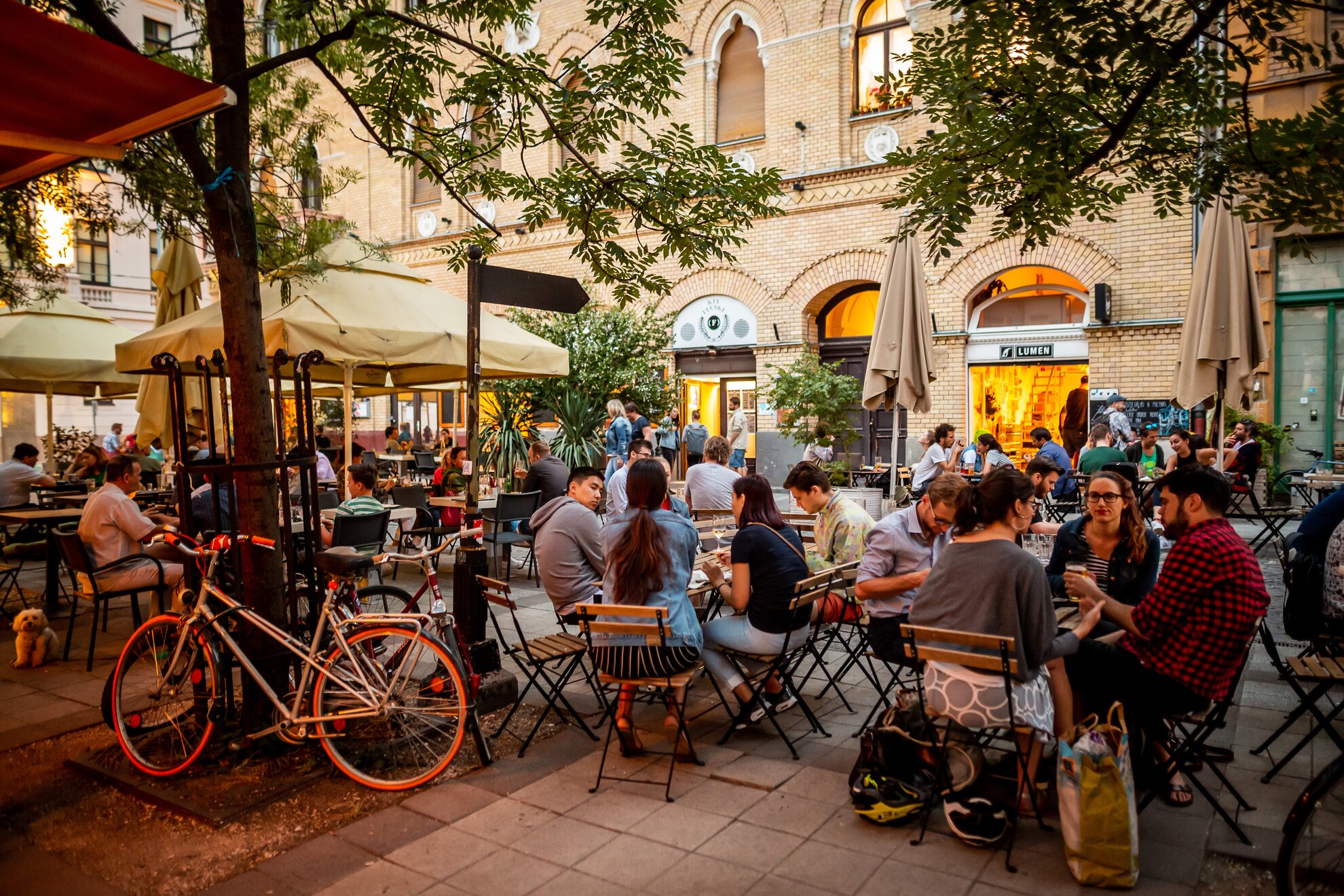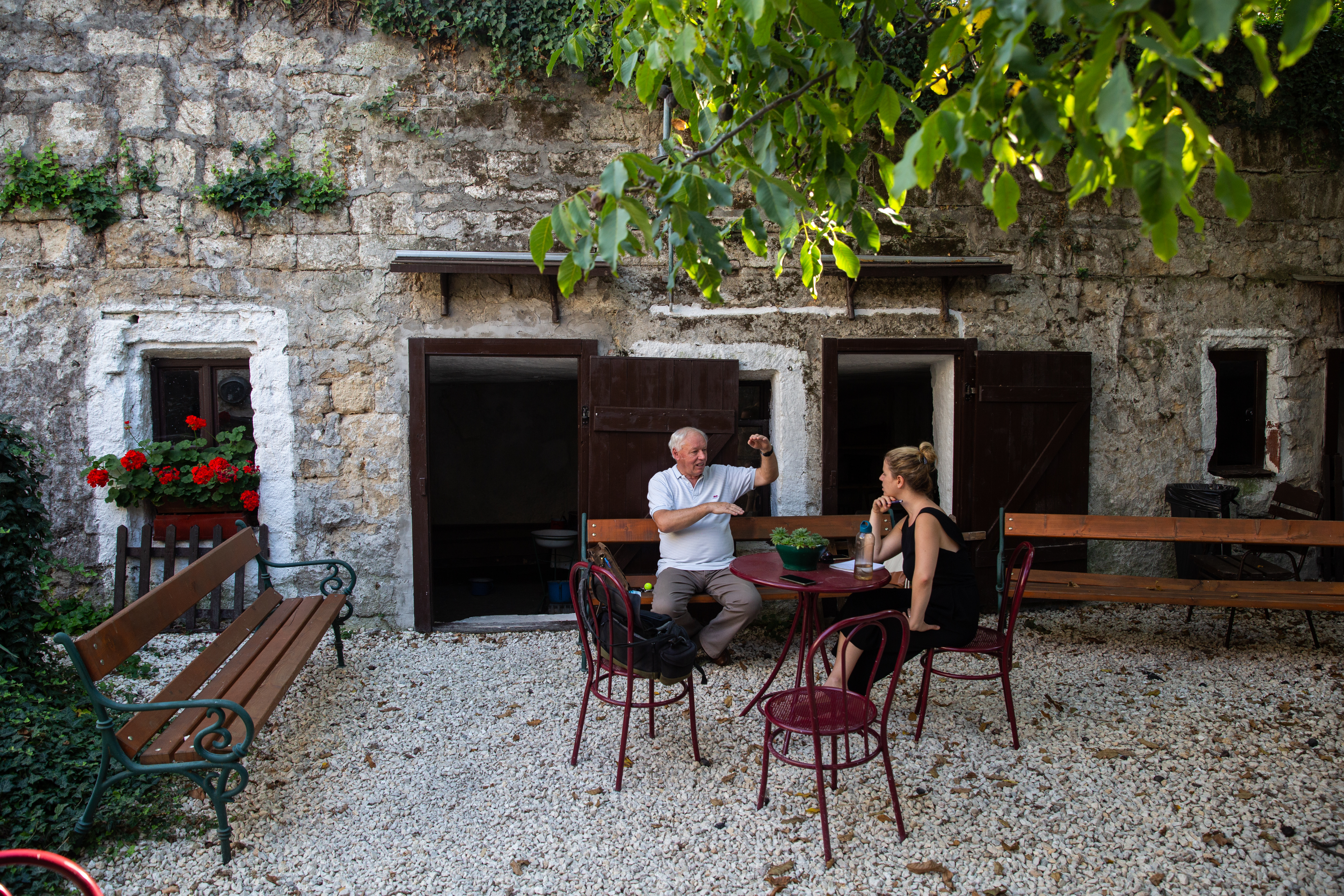What is izé? Listen to any Hungarian conversation and you’ll hear it a dozen times. “Where’s the bank?” “Oh, it’s right next to the… the… izé…” “I saw that actor walking out of Gucci yesterday, you know, that big Austrian guy, izé…”

Izé is the most common Hungarian filler, which can mean… literally anything. Most probably, as the Hungarian Etymological Dictionary says, the root iz- has Finno-Ugric origins, so it’s definitely not a modern-day invention as, according to some theories, Hungarian derives from the same Uralic language family.
It can be roughly translated into English as ‘thingamabob’, ‘oojamaflip’ or even ‘you know’, as Hungarians often say izé when they need to think about the next word they want to express, giving themselves time to think about the rest of their sentence.

In fact, the use of izé was widely popular in the 18th century, as there are various samples collected by linguists of that time where people use this word to substitute a noun, an adjective or a verb. The verb form is created from the noun, so izé becomes izél, ‘to thingamabob’.
Izé as a Hungarikum
This jolly joker of words is often referred to as a Hungarikum, a Hungarian speciality in the pantheon of Herend porcelain or pálinka grappa.

Scholars say there is no other known language whose lexicon includes a swift replacement for every type of word, be it noun, verb or adjective, as the three-lettered izé does in Hungarian.
So, all in all, don’t be misled by the charming frequency of izé in everyday Hungarian speech, the outcome can still be anything at all, you just have to listen carefully…




